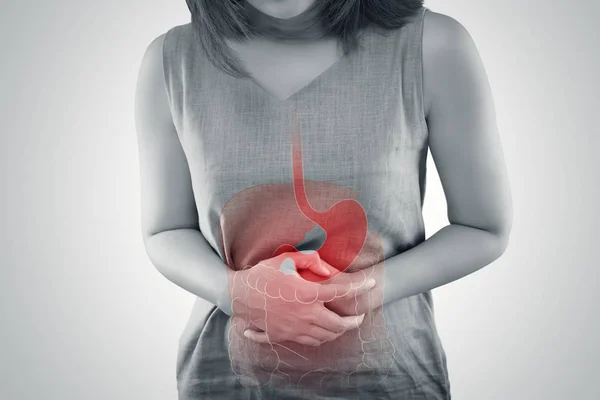Poisoning

Poisoning occurs when a harmful substance is ingested, inhaled, or absorbed into the body, causing damage to tissues and organs. It can result from various agents, including chemicals, medications, plants, food, or environmental toxins. The severity of poisoning depends on the type of toxin, the dose, and the route of exposure.
Symptoms of poisoning can vary widely, from mild discomfort, such as nausea and dizziness, to life-threatening conditions like respiratory failure, organ damage, or seizures. Common signs of poisoning include confusion, vomiting, abdominal pain, and altered consciousness.
There are different types of poisoning, including:
- Acute poisoning – Results from a single exposure to a toxic substance.
- Chronic poisoning – Occurs due to repeated or prolonged exposure to a toxin.
Treatment depends on the specific poison and may involve decontamination (such as activated charcoal), antidotes (like naloxone for opioid overdose), or supportive care (such as intravenous fluids or ventilation). In severe cases, hospitalization and intensive care may be required.
Prevention is key in avoiding poisoning. This includes proper storage of chemicals and medications, safe handling of food, and avoiding contact with hazardous substances. Prompt medical intervention is critical for minimizing the impact of poisoning.


